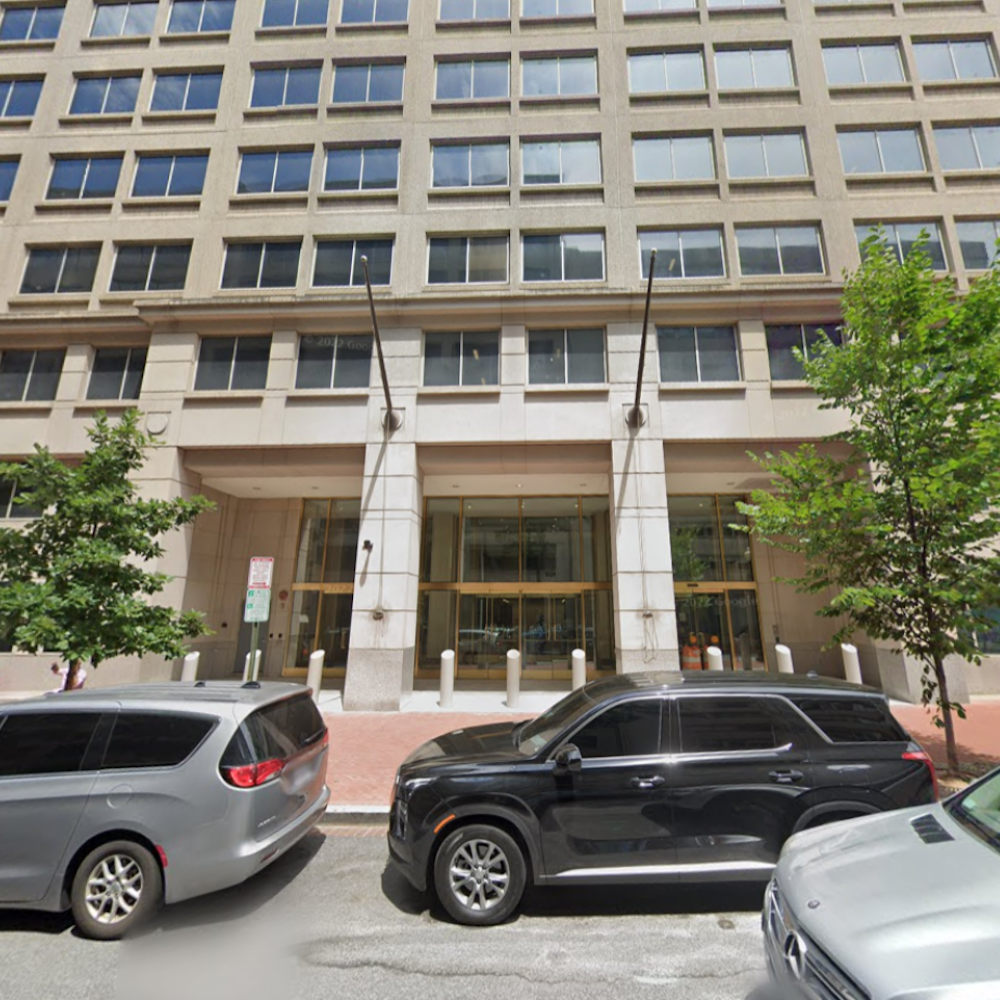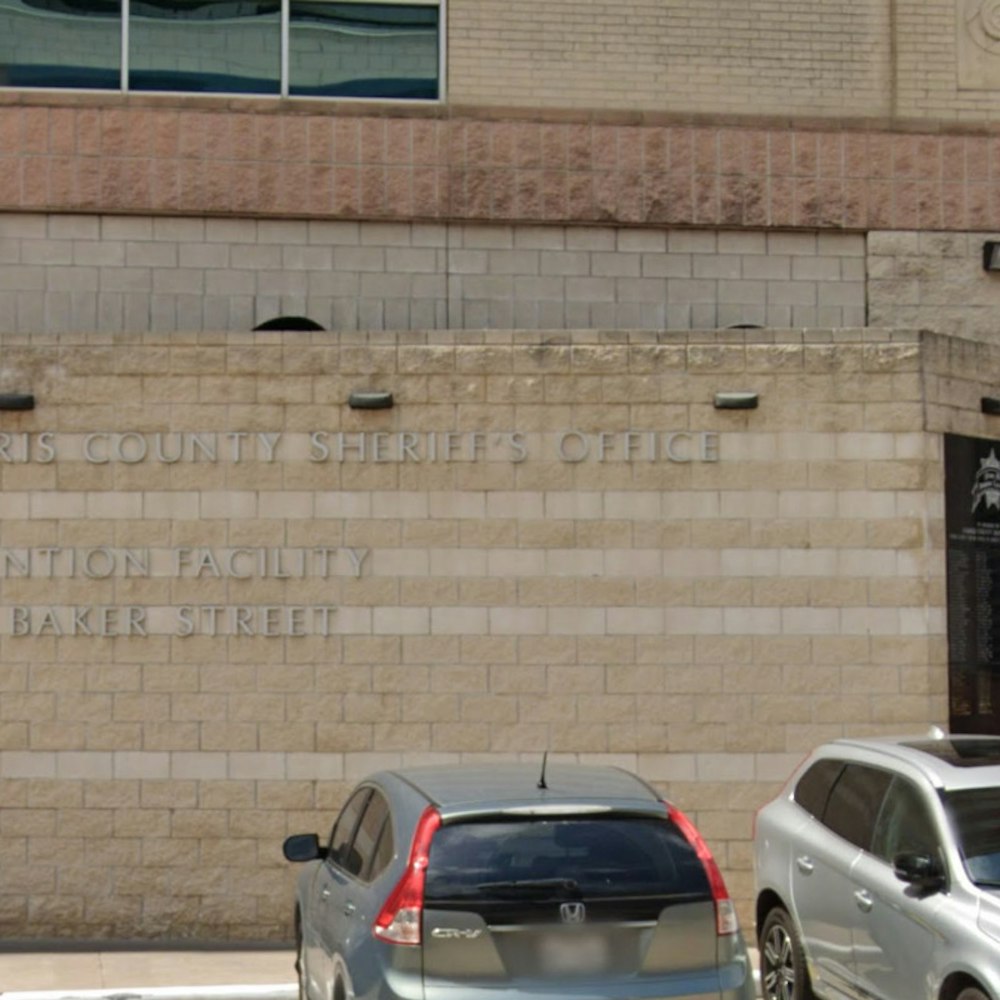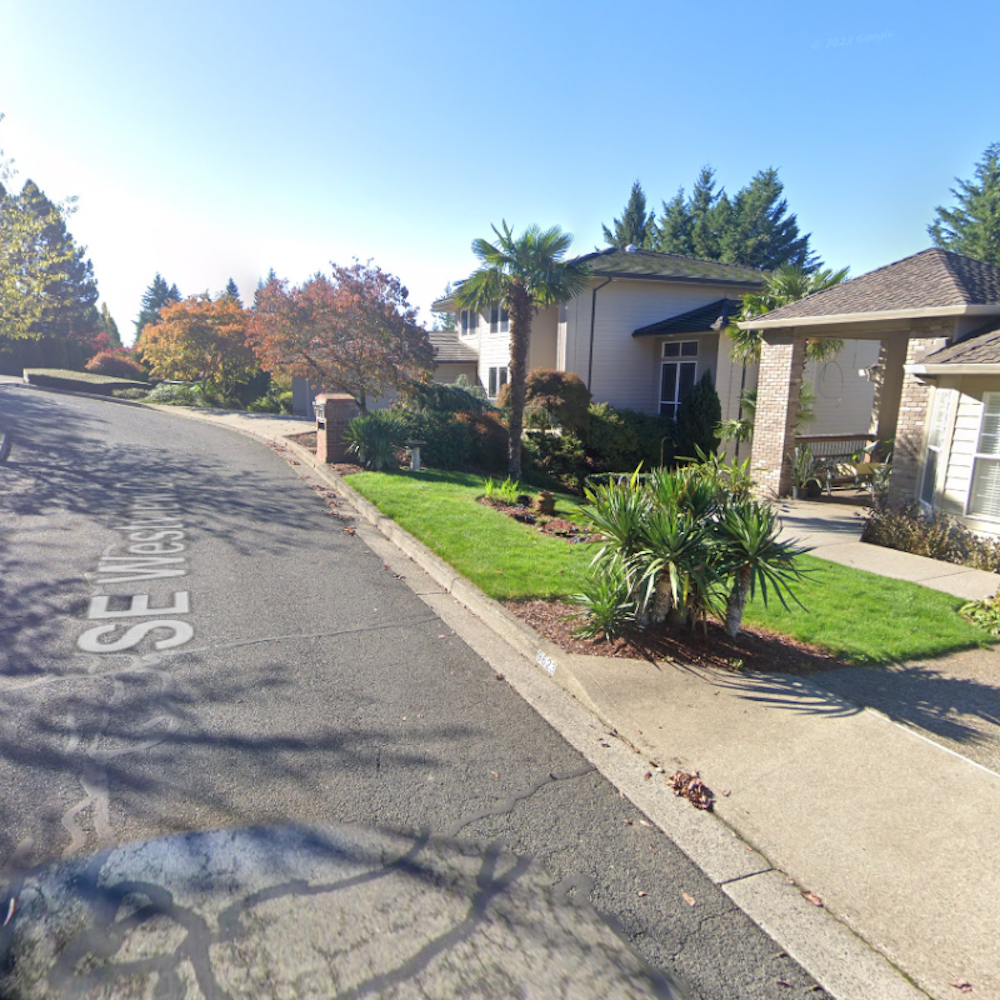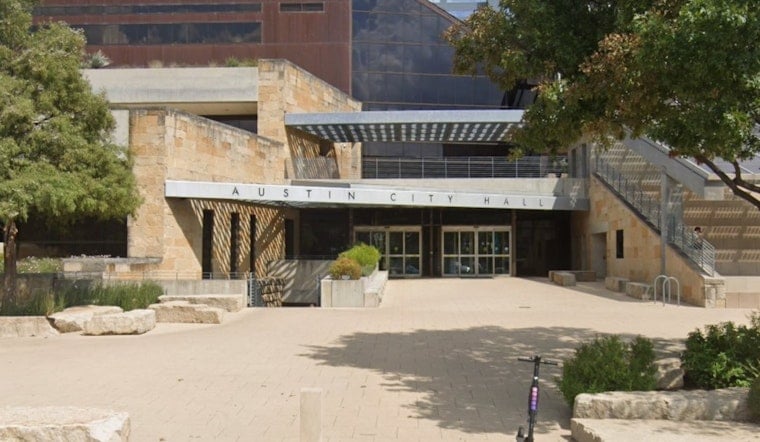
Austin's city council was presented with a bleak financial forecast this week, showing a current budget deficit of $3.5 million, and an even more daunting $13 million deficit projected for the Fiscal Year 2025, according to the Austin Monitor. The situation is complicated by national economic trends like high-interest rates and a disappointing haul from city sales tax collections, which fell short of expectations set when the budget was formulated.
Financial consultant Jon Hockenyos suggested to the city council the possibility of a rate cut this year still, the economic vitality seen in past years appears to be waning, inflation forces consumers to reel in spending and these factors combined put significant pressure on the city's fiscal stability. Despite these challenges, city employees could see a ray of hope with a 4 percent wage increase recommended by financial staff; however, this raise is somewhat offset by the requirement for workers to contribute an additional 1 percent to the city retirement fund beginning January, "a good start," Carol Guthrie, business manager for the Austin branch of the American Federation of State, County and Municipal Employees, told the Austin Monitor.
The projected General Fund base expenditures for FY 2025 stand at over $1.4 billion, up 3.7 percent from the FY 2024 amended budget with public safety departments eating up nearly 65 percent of the budget and community services taking around 30 percent, the Austin Monitor reports. State legislation caps property tax increases at 3.5 percent without voter approval, tying the city's hands in generating the revenue needed to bridge the growing budgetary gap.
Meanwhile, the city's second-largest revenue source, sales tax, is projected to pull in $358.7 million this fiscal year, essentially flat and significantly lower than the budgeted amount of $375.6 million according to the forecast, the Austin real estate market has significantly cooled, with single-family homes now staying on the market for about three months, rather than the frenetic 10 days seen previously, leading many to hold onto properties with low-interest rates rather than venture into a more tempered market, Hockenyos highlighted in the council session. Concurrently downtown cranes still rise, constructing new office towers amidst a surge in office vacancy rates now pegged at 23 percent, with Hockenyos speculating that many builders regret their timing.
Budget tightening is set to be the theme in upcoming fiscal deliberations, as echoed in the report by the city's budget officer Kerri Lang, who declared to the KXAN, "It’s a very different forecast from what we had last year," while stressing the need for fiscal discipline. Facing these headwinds, the city council is advised to scour departmental budgets for savings and potentially consider tax rate elections as part of a broader discussion on managing the city's financial future.
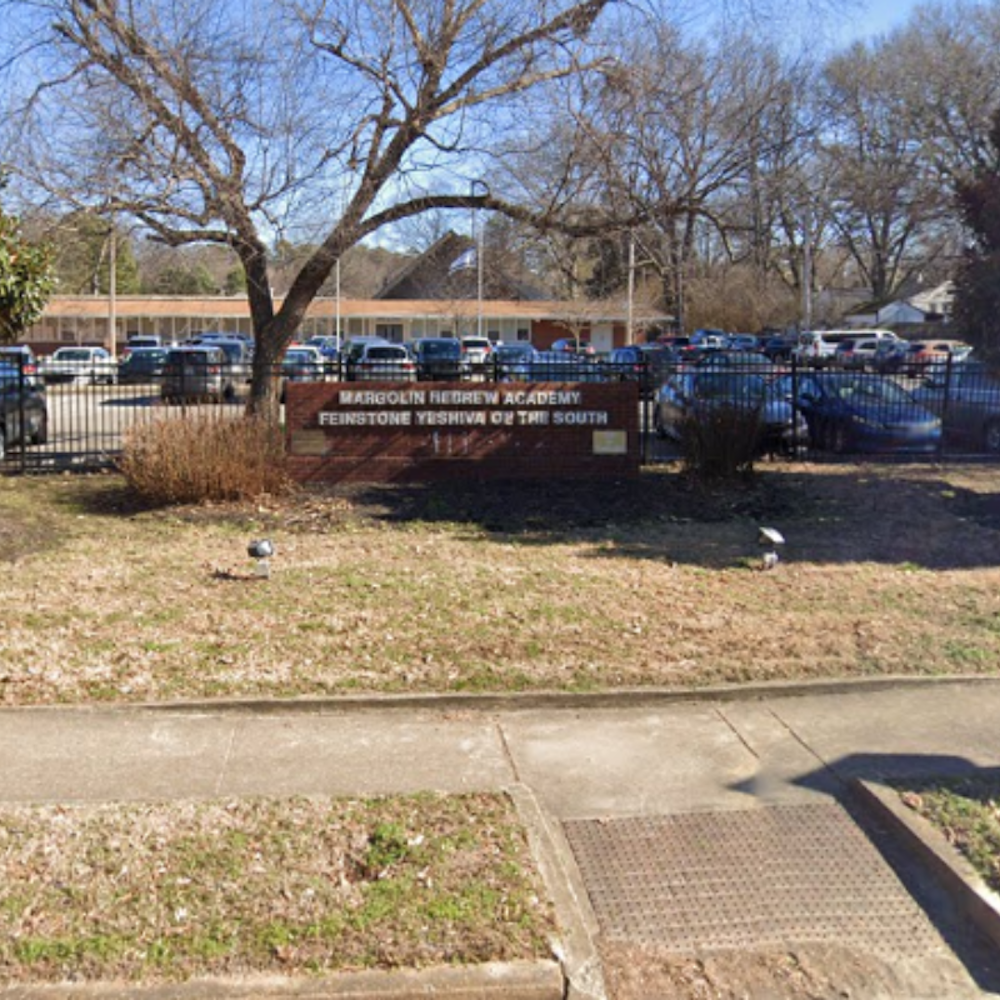
-1.webp?w=1000&h=1000&fit=crop&crop:edges)
